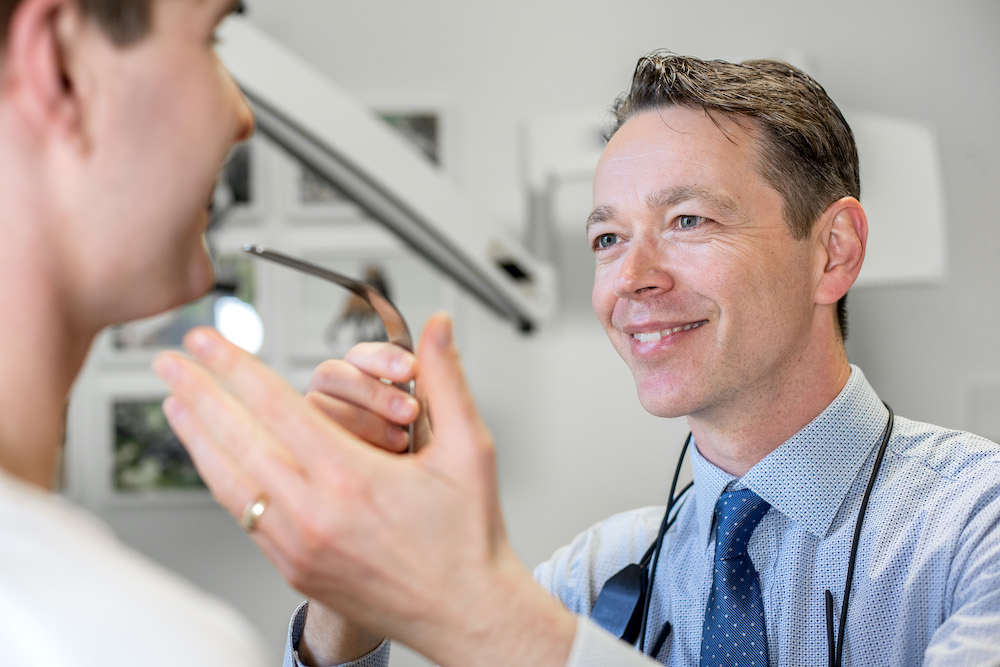Our Research
We are delighted that in 2023, we have had two significant publications in Clinical Otolaryngology. These publications cover our tool FiveQ, which is now validated to test the severity of your tinnitus, and the effectiveness of this tinnitus treatment.
Objectives: Tinnitus is a complex and debilitating phenomenon with potentially significant implications on quality of life. New presentations can be resource and time intensive for clinicians. Validated comprehensive tinnitus questionnaires may lack practical utility in the high-volume clinical setting. Concise, targeted questionnaires may offer an efficient alternative. This study aimed to assess the validity of the FiveQ, a novel five question construct designed to measure tinnitus severity. Convergent validity was assessed through correlating FiveQ against two comprehensive validated questionnaires, the Tinnitus Handicap Questionnaire (THQ) and Tinnitus Handicap Inventory (THI).
Design: Cross-sectional study with prospective recruitment. The 117 voluntarily recruited participants completed the FiveQ, THI and THQ questionnaires. Results were comparatively analysed.
Setting: Recruitment was via electronic and print media, audiology clinics and public and private otolaryngology outpatient clinics. Surveys were completed electronically.
Participants: Members of the public aged over 18 with subjective tinnitus were invited to participate.
Main Outcome Measured: Analyses for establishing the content validity, construct validity, internal consistency, exploratory factor analysis, and responsiveness of FiveQ was performed.
Results: FiveQ demonstrated a high positive correlation with both the THI(r=0.773,p< .001) and THQ(r=0.808,p< .001). Internal consistency for FiveQ reached an acceptable threshold (Cronbach’s alpha 0.86). Exploratory factor analysis demonstrated that one latent factor underlies the five items of the FiveQ. FiveQ demonstrated better responsiveness than both the THI and THQ after a 6-week interval repeat measurement.
Conclusion: FiveQ demonstrated high-positive correlations with existing validated tinnitus questionnaires as well as acceptable internal consistency and factor analysis. The concise construct of FiveQ allows clinicians to efficiently estimate tinnitus.
Effectiveness of treatment
Objectives: Customised acoustic therapy aims to moderate the neural pathway simplicated in the pathophysiology of tinnitus. This study aimed to assess the efficacy of customised acoustic therapy administered via a web-based treatment platform.
Design: Clinical trial with prospective recruitment. Fifty-eight participants underwent6 weeks of customised acoustic therapy.
Setting: Treatment was delivered for 2 h each day using a smartphone, tablet or computer. Treatment was integrated into usual daily activities.
Participants: Participants with subjective tinnitus were recruited through public and private otolaryngology clinics and electronic and print media.
Main Outcomes Measured: FiveQ, a novel 5 question tinnitus questionnaire, was measured at baseline and each week of treatment. Statistical analyses, including Wilcoxon, Mann–Whitney and mixed linear regression, were used to assess treatment efficacy and identify factors associated with treatment response.Results:39/58 participants (67.2%) had an improvement in symptom severity scores,4 had no change (6.9%) and 15 had a decline from baseline (25.9%). Mean FiveQ scores improved by 22.9% from 40.8 (SD=21.4) at baseline to 31.5 (SD=21.3) following 6 weeks of treatment (p< 0.001). With the exception of the slight tinnitus group, all other groups (from mild to catastrophic) demonstrated a treatment response. Participants with low frequency tinnitus (<2000 Hz) had a significantlygreater treatment response (p< 0.001).
Conclusion: Customised acoustic therapy administered via a web-based platform demonstrated encouraging efficacy. At least mild symptoms at baseline and low frequency tinnitus were associated with a greater treatment response. Customized acoustic therapy offers accessible and efficacious tinnitus treatment, however longer term clinical studies are required to confirm the observed initial benefit is maintained.
Clinical Trials
Following the success of the treatment and the great results from the research, we want to build on this and undertake the biggest clinical trial that has ever occurred for tinnitus. We want to take this treatment to the next level and better understand how we can tailor the treatment to individuals.
We will be commencing clinical trials in the coming months, and if you would like to express interest in being considered to participate, please email us at [email protected]
We will be in touch with more information in the coming months.



